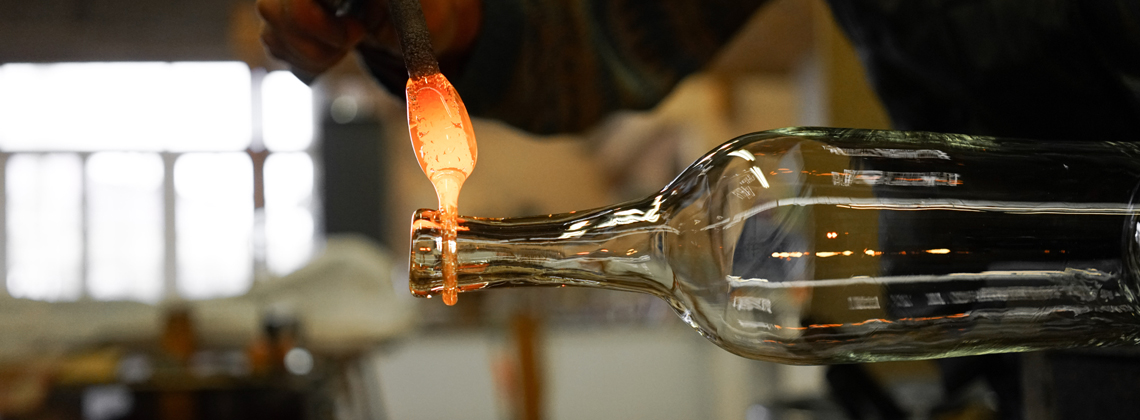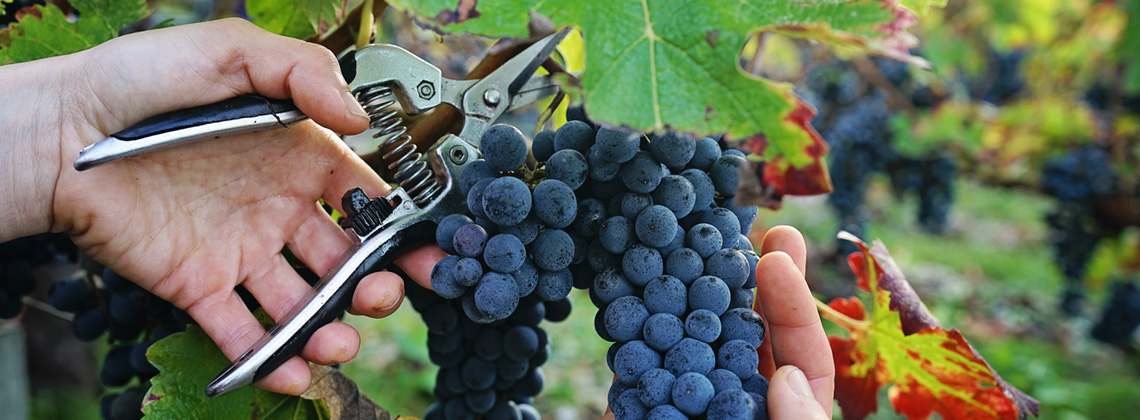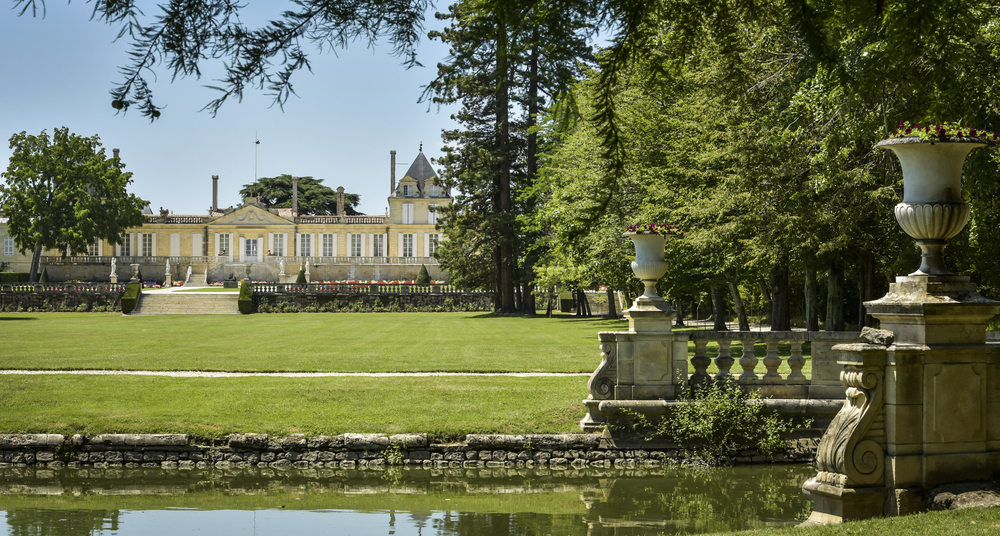The
Wine merchant
What is a Wine merchant?
The beating heart of the wine industry.
What is a Bordeaux negociant?
That’s the collective name we use to describe the Bordeaux wine trade, the economic and financial powerhouse which drives Bordeaux’s wine ecosystem.
Imagine Bordeaux in the 11th century, the river crowded with boats loading up on wine, headed for England… This is where it all began: the wine merchants would buy wine in bulk from the estates, age it in their cellars, then release it to market. A unique know-how and an ancient tradition which still endure to this day.
These days Bordeaux is home to 300 wine merchants, or merchants, and they remain right at the heart of the wine trade. They handle around two-thirds of all Bordeaux wine sales, exporting to more than 170 countries – pretty impressive, right?
Wine merchants are essential cogs in Bordeaux’s export machine, working hand-in-hand with the châteaux, forming solid partnerships to bring Bordeaux wines to the four corners of the earth.
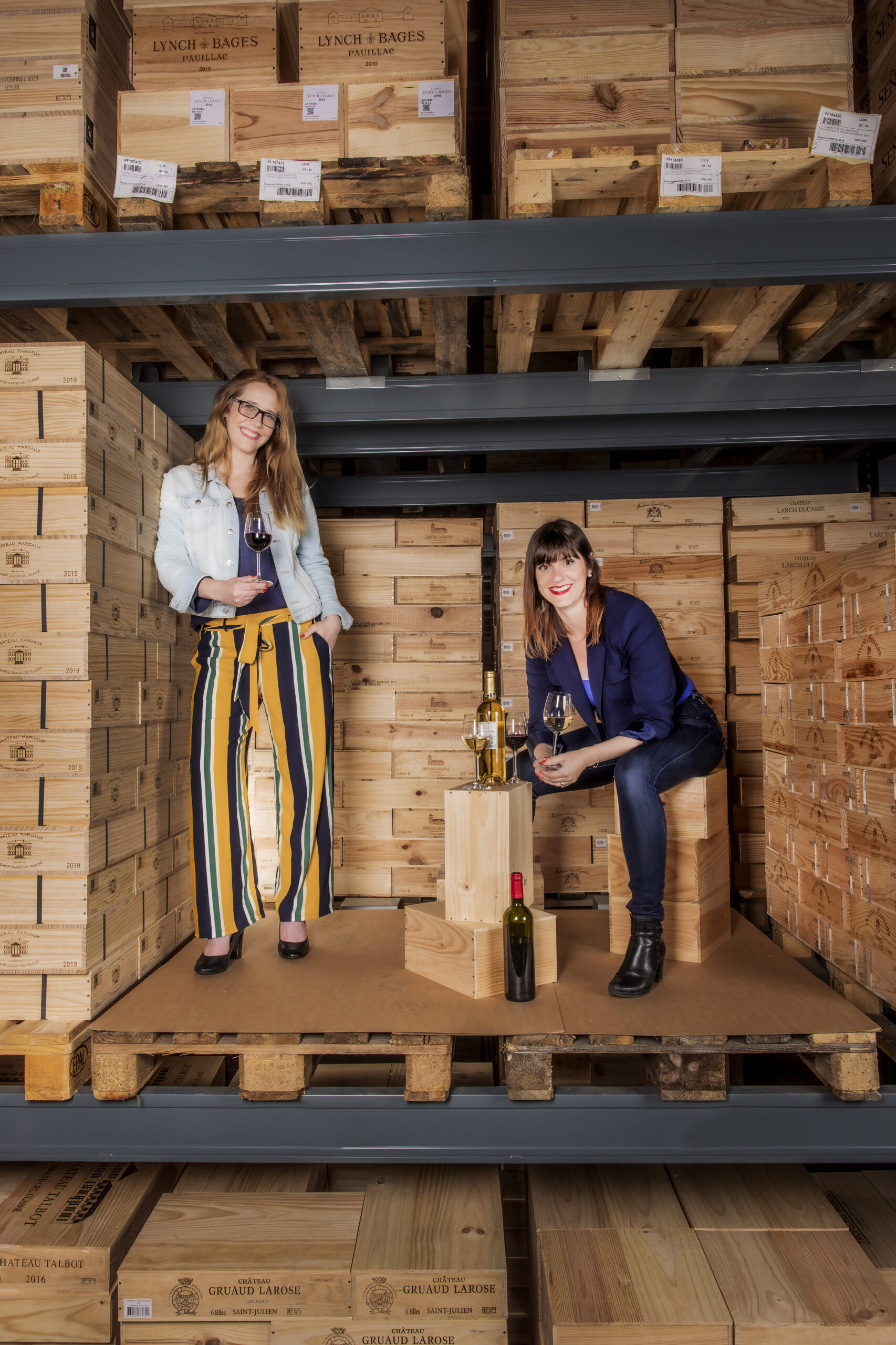
What do wine merchants actually do?
Wine merchants have two key roles:
- Creating their own wines by selecting wines from partner winegrowers. These wines are blended and aged to create branded offerings, joining a range of Bordeaux wines tailored to the demands of distributors and consumers.
- Selecting, promoting and selling estate-bottled wines: these Château or Grand Cru wines are unique expressions of a specific terroir, and the winegrowers who craft them.
Working in collaboration with the châteaux, and often as vineyard owners in their own right, wine merchants can make the difference with their forensic understanding of global wine markets, their technical expertise and their logistical capabilities.
So what does En Primeur mean?
Very simply, En Primeur is about selling wine futures: reserving a wine before it has even been bottled. Châteaux thus sell their latest vintage while it is still aging in their cellars, allowing them to recoup their production costs. 18 to 24 months later, the buyers finally get their hands on the wines.
Discover more : Rendez-vous sur le site de Bordeaux Négoce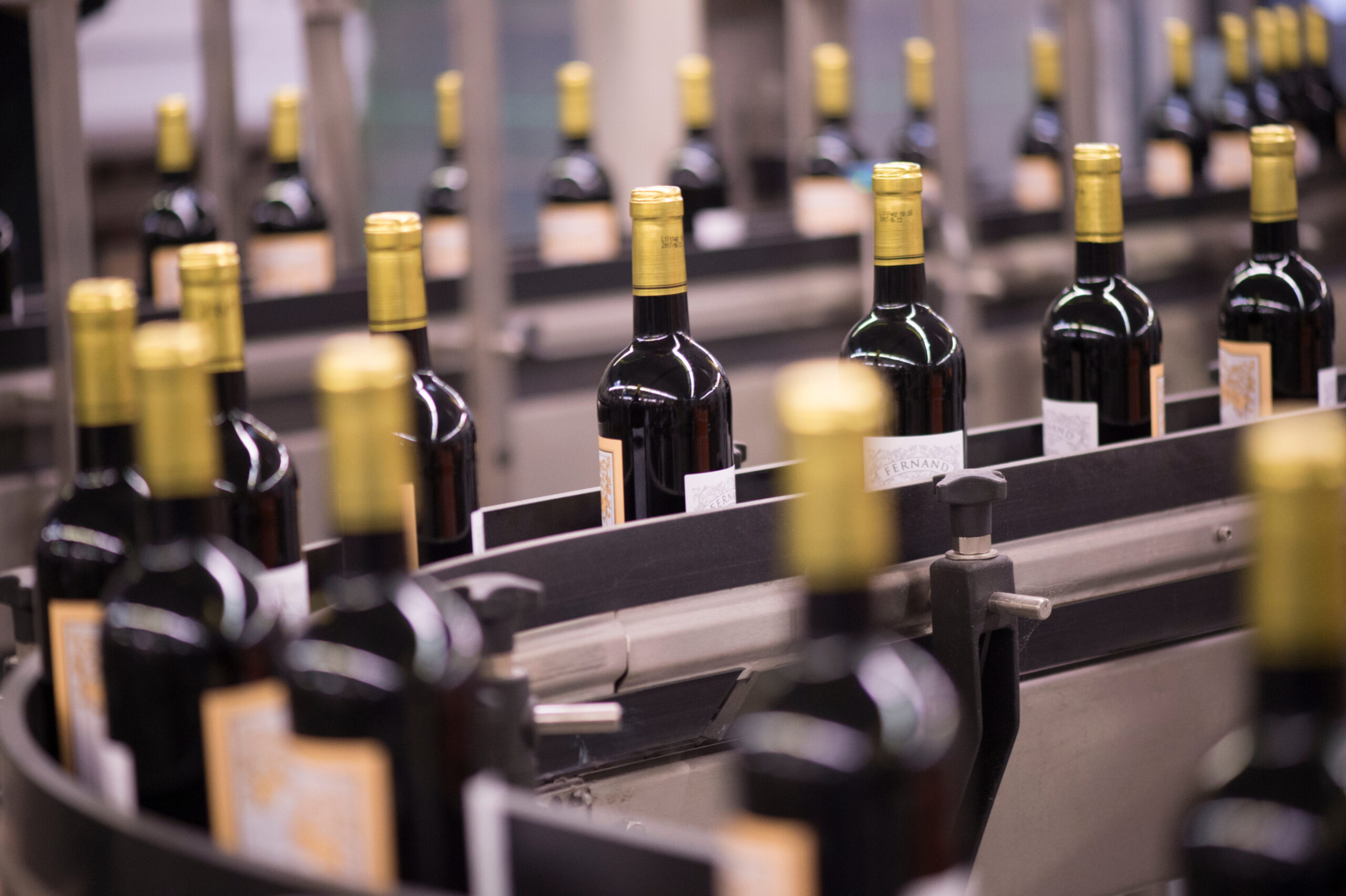
A brief
history
21st century
Wine merchants pulling the strings of the global market
AIn the 21st century, Bordeaux’s wine merchants operate on a truly global scale. The trading houses supply wines to over 170 countries, navigating a path amid crises, shifting consumption habits, international competition and environmental pressures. The wine merchants are like conductors getting the best out of a vast orchestra: from purchasing and packaging to market release, logistics, marketing and digital communication. Not to mention CSR commitments, regional roots, efforts to reduce the environmental footprint of the wine industry and meeting consumer demands. Their ultimate goal? To maintain the connection between a historic wine region and constantly changing markets, positioning wine merchants as key players in both the transformation and global distribution of Bordeaux wines.
20th century
Restructuring to survive
During the 20th century, the wine trade could no longer afford to rely upon the intuition of the trading houses. From economic crises to wars, Prohibition and tumbling prices, the market was becoming increasingly complex. Winegrowers and wine merchants began to join forces, establishing the first interprofessional organizations, contributing to the foundation of the INAO and using the new PDO system to shore up their offer. From classifications to new appellations, the rise of estate bottling and the invention of supermarkets, wine merchants excelled at adjusting, specializing and structuring their product ranges. All the while, they continued to act as the essential bridge between the fragmented wine producing landscape and an increasingly globalized fine wine market.
19th century
Golden age, crises and a new beginning
The 19th century looked set to be a new golden age for the Bordeaux wine trade: output was increasing, exports were booming, and new routes were opening up in Northern Europe. The industrial revolution was good for business as the expanding rail network opened up new markets. In 1855, the official Classification of Bordeaux Wines commissioned by Emperor Napoleon III provided a clear point of reference for buyers all over the world. But international trade was not without risks, and new threats began to emerge, including mildew, powdery mildew and phylloxera. As the vines suffered, the industry innovated and adapted. Merchants had to learn to cope with fluctuating volumes and the changing styles of wine production.
18th century
Booming international trade, Bordeaux becomes France’s biggest port
In the 18th century, commercial relations with the overseas colonies took Bordeaux’s trading activities to new heights. Trade links with the Americas were intense: Bordeaux became France’s busiest port, a constant to-and-fro of boats laden with barrels. Fine wines made their way to the tables of Europe’s elites, the definition of a Cru began to take shape, and Thomas Jefferson was already floating the idea of a classification. For the first time, bottles began to be corked and sealed in Bordeaux, breaking with the old traditions of wine shipping and sales. The architecture of the city’s quaysides, with their imposing limestone façades, is a testament to the influx of wealth: the wine trade shaped Bordeaux just as much as its vineyards.
17th century
The Dutch effect and a brand-new rhythm
When more stable times returned, there was a new gang in town: the Dutch. Not content with merely buying wine, they were keen to have their say on how it was made. The Dutch merchants sought wines suitable for distilling, encouraging the production of dry and semi-sweet white wines, while also helping to boost the reputation of some big-name estates. Above all, they brought with them a new level of logistical expertise: barrels disinfected with sulfur, improved storage conditions, optimized transportation. The quays of Chartrons became a buzzing hive of activity, with barrels rolling onto boats all day long. Bordeaux was no longer simply selling wine: the city now had its own comprehensive trade system.
15th century
The end of English rule and the birth of the wine merchants’ district
The Hundred Years’ War put an end to this special relationship: in 1453, a defeat at the Battle of Castillon forced England to cede Aquitaine to the King of France, cutting the city off from its biggest trading partner. The wine trade was in trouble. But during the reign of Louis XI, it gradually recovered and foreign merchants returned to Bordeaux. They were allowed to set up shop in a new suburb outside the city walls: formerly called Chartreux, the district is now called Chartrons. The streets were soon lined with trading houses and barrel cellars. The Bordeaux wine trade was fast becoming an established force, with its own neighborhood, its own style and its own codes.
12th century
Bordeaux goes British: the birth of a great trade
When more stable times returned, there was a new gang in town: the Dutch. Not content with merely buying wine, they were keen to have their say on how it was made. The Dutch merchants sought wines suitable for distilling, encouraging the production of dry and semi-sweet white wines, while also helping to boost the reputation of some big-name estates. Above all, they brought with them a new level of logistical expertise: barrels disinfected with sulfur, improved storage conditions, optimized transportation. The quays of Chartrons became a buzzing hive of activity, with barrels rolling onto boats all day long. Bordeaux was no longer simply selling wine: the city now had its own comprehensive trade system.
1st century AD
The first wine trading routes
Burdigala, as Bordeaux was named at the time, didn’t just make wine: it was a trading hub, too. Thanks to the Pax Romana, it became possible to export the region’s top wines to other provinces of the Empire, transported over land and sea in terra cotta amphorae. The “merchant” system did not yet exist in the modern sense of the term, but the fundamentals were there: a port, a river, an in-demand product and a community of professionals overseeing its transport. When the Roman Empire collapsed, business dried up. But the monasteries continued to take care of the vines, laying the groundwork for a future renaissance.

